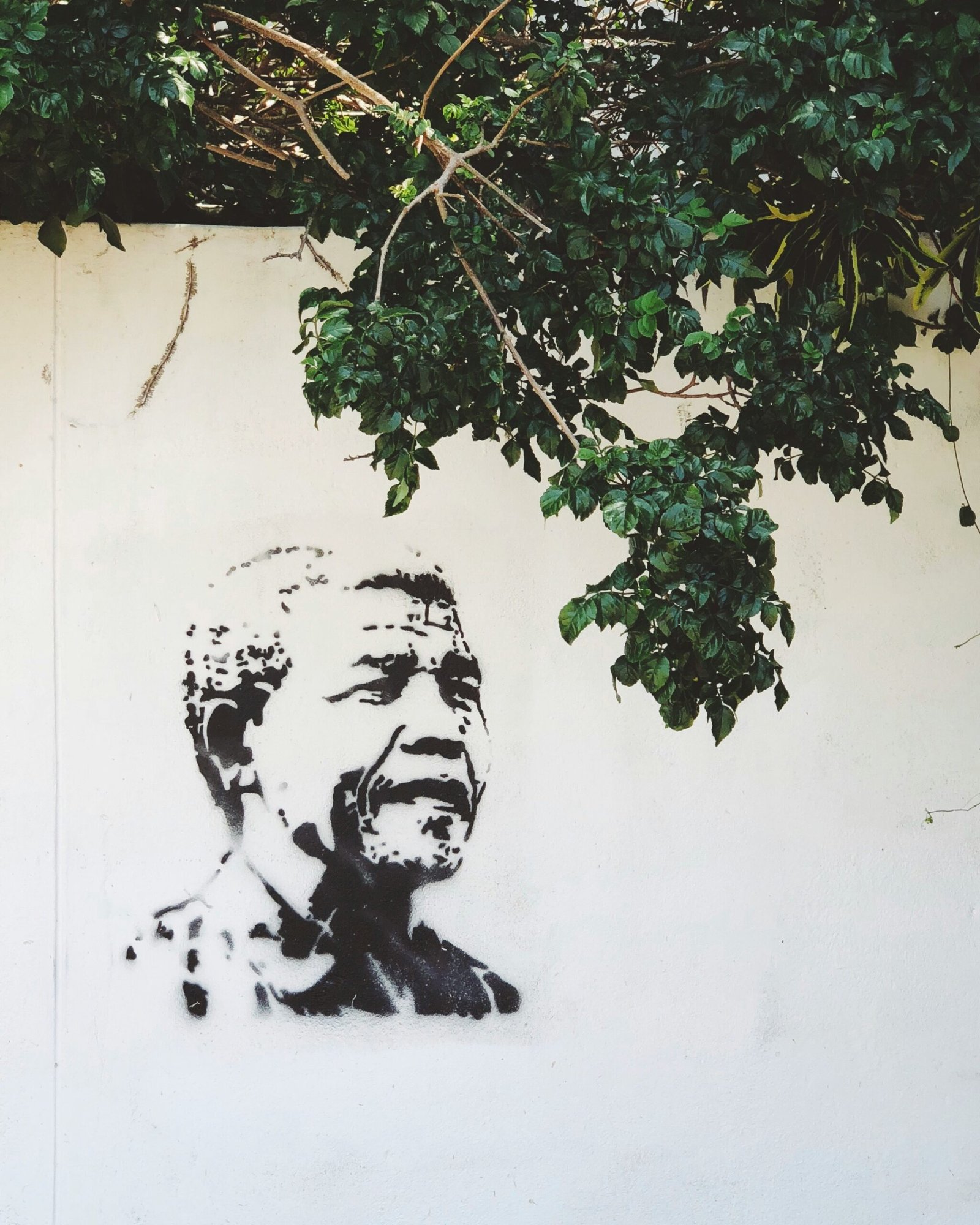Introduction
On May 10th, 1994, Nelson Mandela made history by being inaugurated as South Africa’s first black president. This momentous event marked the end of apartheid, a system of racial segregation and discrimination that had been in place for decades. Mandela’s election was a significant milestone in South African history, representing not only a triumph of democracy but also a symbol of reconciliation and hope for the nation.
The Road to Democracy
To understand the significance of Mandela’s presidency, it is essential to delve into the history of South Africa and the struggle against apartheid. Apartheid, which means “apartness” in Afrikaans, was a system enforced by the National Party government from 1948 to 1994. Under apartheid, non-white South Africans were subjected to segregation, limited rights, and institutionalized racism.
The fight against apartheid was a long and arduous one, with numerous individuals and organizations playing crucial roles in the struggle. Nelson Mandela emerged as a prominent leader and became the face of the anti-apartheid movement. He co-founded the African National Congress Youth League in 1944 and later became a leading member of the ANC.
The Imprisonment and Release of Nelson Mandela
In 1964, Mandela was sentenced to life imprisonment for his involvement in anti-apartheid activities. He spent 27 years behind bars, becoming a symbol of resistance and the fight for justice. Mandela’s imprisonment garnered international attention and support, with calls for his release echoing around the world.
Finally, on February 11th, 1990, Mandela was released from Victor Verster Prison, now known as Drakenstein Correctional Centre. His release marked a turning point in South African history, signaling a new era of hope and possibility. Mandela’s release paved the way for negotiations between the apartheid government and the ANC, ultimately leading to the dismantling of apartheid and the birth of a new democratic South Africa.
The Inauguration and Mandela’s Presidency
On that historic day, May 10th, 1994, Nelson Mandela stood before a crowd of thousands at the Union Buildings in Pretoria to take the oath of office. His inauguration as South Africa’s first black president was a moment of immense significance, not only for the nation but for the world.
Mandela’s presidency was marked by a commitment to reconciliation and nation-building. He sought to heal the wounds of the past and unite a divided nation. Mandela implemented policies aimed at dismantling the legacy of apartheid, promoting equality, and fostering economic growth. His government worked towards creating a society where all South Africans, regardless of race, could live in harmony and enjoy equal opportunities.
During his presidency, Mandela also played a crucial role in promoting peace and stability in Africa. He was instrumental in mediating conflicts in countries such as Rwanda and the Democratic Republic of Congo, demonstrating his commitment to peace and justice beyond South Africa’s borders.
The Legacy of Nelson Mandela
Nelson Mandela’s presidency may have lasted only five years, but his impact on South Africa and the world is immeasurable. His leadership and vision laid the foundation for a new era of democracy, equality, and unity in South Africa. Mandela’s commitment to reconciliation and forgiveness continues to inspire people around the globe.
Since his retirement from politics, Mandela dedicated his time to philanthropy and activism. He established the Nelson Mandela Foundation, which focuses on promoting social justice, education, and HIV/AIDS prevention. Mandela’s lifelong dedication to fighting injustice and promoting human rights earned him numerous accolades, including the Nobel Peace Prize in 1993.
In conclusion, May 10th, 1994, will forever be remembered as the day Nelson Mandela became South Africa’s first black president, marking the end of apartheid and the beginning of a new chapter in the nation’s history. Mandela’s presidency symbolized hope, reconciliation, and the triumph of democracy. His legacy as a statesman, peacemaker, and champion of equality will continue to inspire generations to come.
SEO Excerpt: On May 10th, 1994, Nelson Mandela became South Africa’s first black president, marking the end of apartheid and ushering in a new era of democracy and equality. This article delves into the historical significance of Mandela’s presidency, highlighting the struggle against apartheid and the road to democracy. Explore the impact of Mandela’s leadership, his commitment to reconciliation, and the lasting legacy he left behind.

